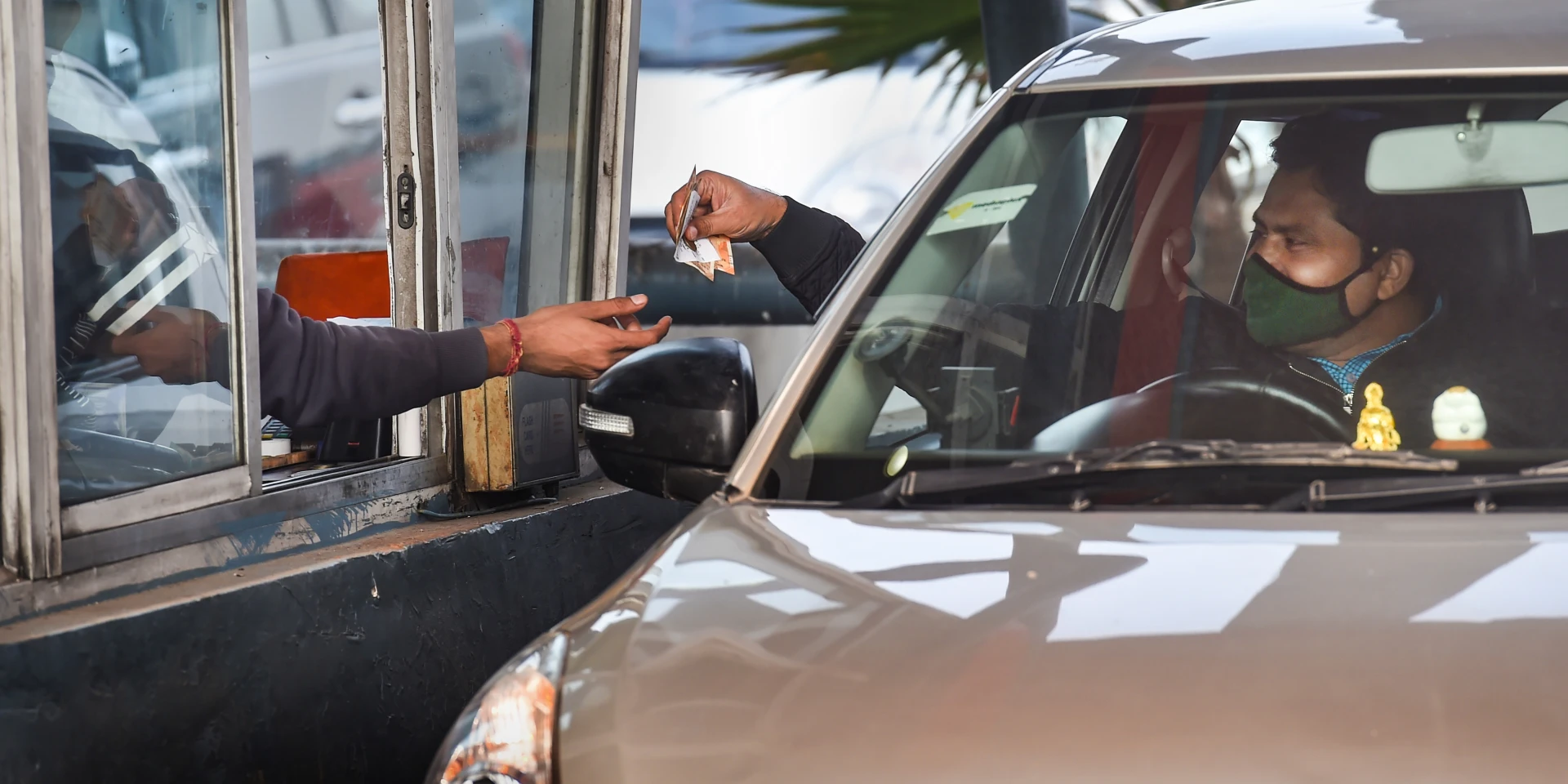
Today, the Supreme Court is set to hear a significant petition filed by the Delhi government, challenging the blanket ban on older vehicles—commonly referred to as End-of-Life Vehicles (ELVs)—in the Delhi-NCR region.
The matter relates to the enforcement of a directive that bars diesel vehicles over 10 years old and petrol vehicles over 15 years old from plying on roads in the national capital. The ban, first imposed following a 2018 Supreme Court order, has affected thousands of vehicle owners, many of whom rely on these vehicles for their daily needs.
In its plea, the Delhi government has sought a review of the age-based restriction, arguing that such a sweeping ban is not backed by scientific evidence and places an unfair burden on middle and lower-income citizens.
“The current approach mandates collective compliance without distinguishing between highly polluting vehicles and well-maintained, low-use ones,” the petition states. It argues that several older vehicles—particularly those compliant with BS-VI norms or used sparingly—emit negligible pollutants and should not fall under a blanket prohibition.
The government has urged the apex court to consider a more rational, emission-based regulatory model that assesses vehicles on the basis of their actual environmental impact rather than age alone. It also requested the Court to direct the Central Government or the Commission for Air Quality Management (CAQM) to undertake a comprehensive scientific study to evaluate the real-world emissions of such vehicles.
The plea gains relevance in light of the nationwide roll-out of BS-VI emission norms—India’s most stringent environmental standards for vehicles—which came into force in 2020.
The Delhi government has stressed that many vehicles affected by the ban are either BS-VI compliant or well-maintained, posing minimal threat to air quality. The blanket rule, it argues, has caused undue hardship to families and individuals who depend on these vehicles for daily commuting or livelihood.
The Supreme Court’s decision in this matter is expected to have wide-reaching implications for urban transport policy and environmental regulation in the country.
Website designed, developed and maintained by webexy